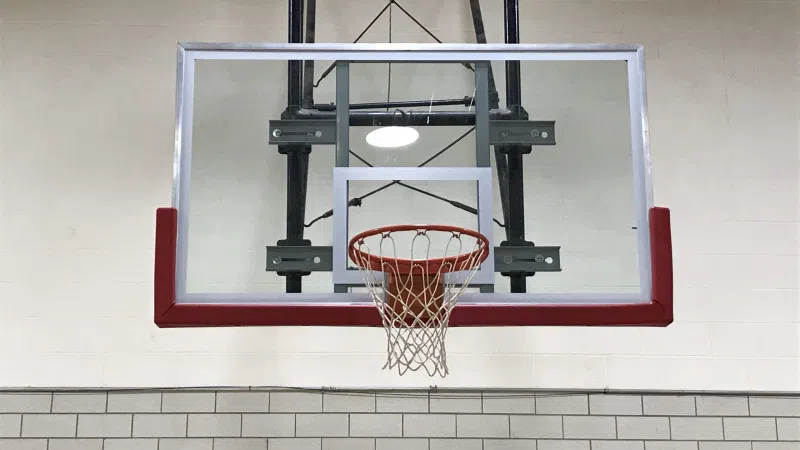(Des Moines) The Iowa Department of Health and Human Services (HHS) and Iowa Department of Education today announced they will continue to support Iowa children eligible for food assistance year-round by enhancing and expanding already existing childhood nutrition programs and have notified the U.S. Department of Agriculture (USDA) that Iowa will not participate in the 2024 Summer Electronic Benefits Transfer for Children, or Summer EBT, program.
The Summer EBT program was started during the COVID-19 pandemic by the federal government in response to rising food insecurity at the time. It was permanently authorized by the Biden Administration and Congress earlier this year through the Consolidated Appropriations Act. The program provides families with children eligible for free or reduced-price school meals $40 per child per month during the summer to purchase food. The funds are provided on an EBT card in the child’s name and the federal government has announced its intention that the card must be administered separately from other existing meal or food assistance programs. With few restrictions on food purchases, the Summer EBT program does not have a strong nutrition focus. Participating states are required to cover half of the administrative costs, which would cost an estimated $2.2 million in Iowa.
Last summer, more than 1.6 million meals and snacks were served to children 18 and younger throughout Iowa as part of the Summer Food Service Program and Seamless Summer Option program.
Funded through the USDA and administered by the Iowa Department of Education, each of the 500-plus meal sites in low-income areas across Iowa are run by local sponsors to ensure children can get nutritious meals during the summer at no cost in a safe and supervised environment. Sites are located in a variety of settings, including schools, parks, community centers, libraries, apartment complexes, churches, and migrant centers. Many sites also offer enrichment opportunities for children such as reading, physical activity, or nutrition education.
Additionally, Iowa HHS administers the Supplemental Nutrition Assistance Program (SNAP) year-round, providing benefits to supplement food budgets of needy families. Of the 132,000 Iowa households currently enrolled in SNAP, 41.5% have children in the home. Despite this, HHS data shows a decline in SNAP enrollment since 2020, down from over 150,000 households to 132,000 for 2024.
Six regional food banks and 1,200 non-profit organizations, including food pantries and meal sites, also provide food assistance and childhood nutrition programs across all 99 counties in Iowa.
At the same time, childhood obesity and other diet related health problems are increasing. Almost sixteen percent of children in Iowa ages 10 to 17 are obese and Iowa is in the top ten states for high school age obesity.
HHS and the Department of Education will continue existing programming currently being offered by state agencies and are exploring new opportunities to address family well-being and children’s health in Iowa.












